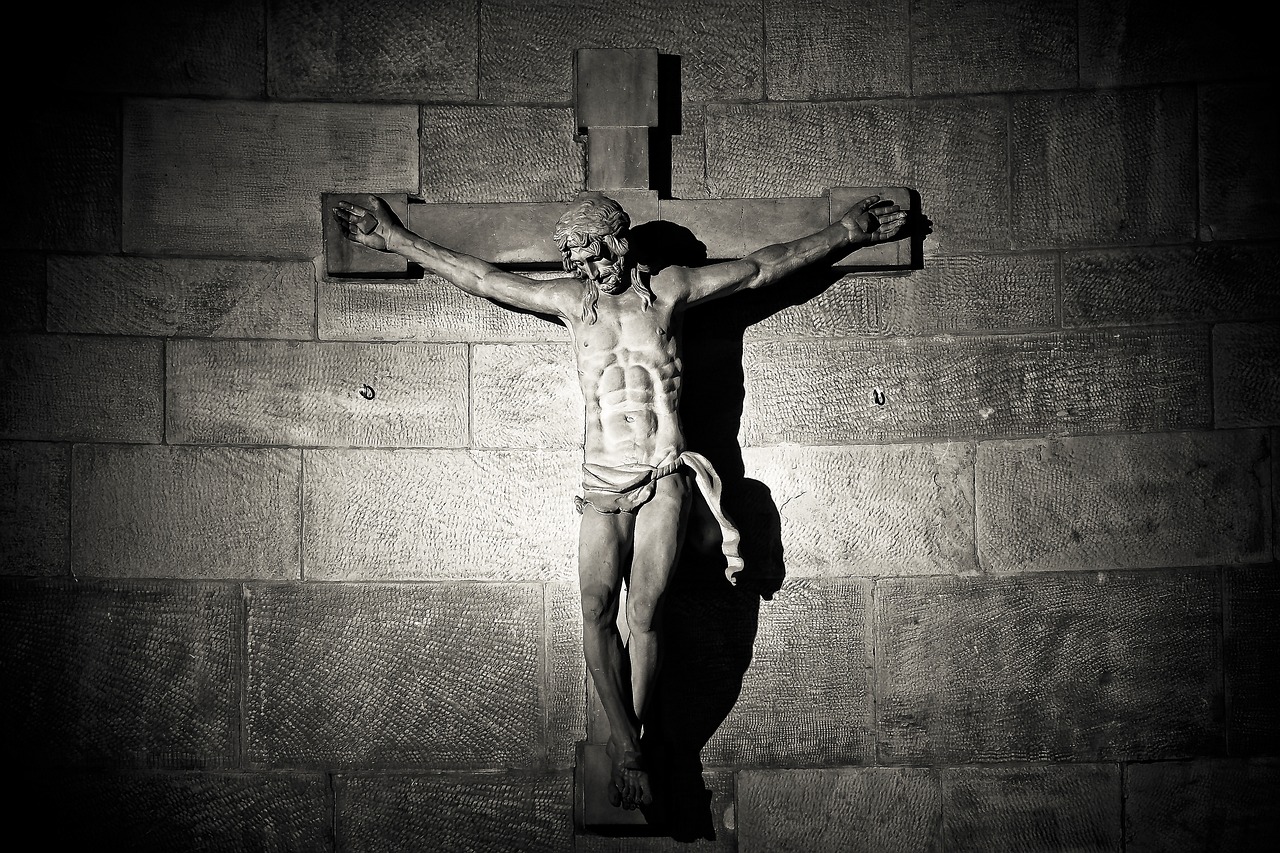In this intriguing article, we explore the question of what religion Jesus practiced during his time on Earth. Delving into historical and biblical evidence, we examine the various theories and arguments put forth by scholars and religious leaders. By seeking to understand the cultural and religious context of Jesus’ teachings and actions, we shed light on this thought-provoking question and gain deeper insights into his spiritual journey. Join us as we uncover the fascinating and sometimes controversial aspects of the religion of Jesus.
Table of Contents
Possible Religions
Throughout history, scholars and theologians have delved into the question of what religion Jesus practiced. While Jesus is often associated with Christianity, it is important to note that Christianity as we know it today did not exist during Jesus’ time. Instead, there are numerous possible religious influences that scholars have explored to better understand Jesus’ religious background and beliefs. In this article, we will explore a range of possible religions that Jesus may have been exposed to, the connections and influences he may have had with each, and the debates surrounding these theories.

Judaism
One of the most prominent and widely accepted views is that Jesus was raised within the Jewish faith. Judaism, which traces its roots back to ancient Hebrew traditions, was the predominant religion among the Jewish people during Jesus’ time. It encompassed a wide range of beliefs and practices, including the observance of the Torah, adherence to Jewish laws and customs, and the worship of one God.
Background of Judaism
Judaism originated thousands of years ago and has a rich history. It was deeply rooted in the covenant between God and the Israelites, as outlined in the Hebrew Bible (Old Testament). Jewish religious life revolved around the temple in Jerusalem, where sacrifices were made and religious rituals were performed. The Jewish people held a strong belief in the coming of a Messiah who would deliver them from oppression.
Teachings and Beliefs
Judaism emphasized the importance of ethical monotheism, the belief in one God who expected righteousness and moral conduct from His followers. The Jewish faith also stressed the observance of the Torah, which encompassed the commandments and laws given by God to Moses on Mount Sinai. Jews were expected to follow these laws meticulously, as they were seen as a way to maintain a close relationship with God and ensure a harmonious society.
Jesus’ Jewish Heritage
Jesus’ birthplace in Bethlehem and his upbringing in Nazareth, both located in the region of Palestine, indicate his Jewish heritage. According to the New Testament, Jesus was born to Mary and Joseph, adhering to the lineage of King David, a prominent figure in Jewish history. This suggests a strong connection to the Jewish faith and community.
Jesus’ Identification with Judaism
Jesus’ identification with Judaism is evident in his teachings and interactions with the Jewish religious leaders of his time. He frequently quoted from the Hebrew Scriptures and engaged in debates with Pharisees and other Jewish scholars. Jesus’ teachings emphasized the fulfillment of Jewish prophecies and the importance of love, compassion, and righteousness – all central aspects of the Jewish faith.

Essenism
Another potential religious influence on Jesus is Essenism, a Jewish sect that emerged around the same time. The Essenes were known for their strict adherence to religious practices, communal living, and emphasis on purity.
Introduction to Essenism
Essenism was a Jewish sect that focused on spiritual purity and communal living. Its members lived in strict adherence to religious laws and traditions, and their lifestyle often involved simplicity, celibacy, and abstinence from worldly pleasures. The Essenes believed in the immortality of the soul, the existence of angels, and the coming of a Messianic figure.
Possible Connections to Jesus
Scholars have proposed that Jesus may have been influenced by Essene teachings and practices during his formative years. The Essenes valued compassion, justice, and spiritual enlightenment – themes that resonate with Jesus’ teachings. Some even speculate that Jesus spent time among the Essenes, absorbing their beliefs and incorporating them into his own message.
Controversies and Debates
Though the Essenes provide an intriguing possibility, there is limited direct evidence linking Jesus to this particular sect. Some scholars argue that the Essenes’ emphasis on purity and withdrawal from the larger society does not align with Jesus’ public ministry and social engagement. Furthermore, while there are similarities between the Essene Dead Sea Scrolls and Jesus’ message, it is challenging to establish a direct influence.
Evidence for Jesus’ Essenistic Influence
While the exact nature of Jesus’ connection to Essenism remains uncertain, some scholars point to similarities in Jesus’ teachings and ethical ideals with those of the Essenes. Both emphasized the pursuit of righteousness, the rejection of material possessions, and the importance of inner purity. These commonalities suggest that Jesus may have drawn inspiration from Essenistic teachings, among other sources.

Zealotism
Zealotism was a political movement that sought to overthrow Roman rule in Palestine through armed resistance. Some scholars speculate about Jesus’ potential involvement or influence within the Zealot movement.
Zealots in the Context of Jesus’ Time
During Jesus’ time, Palestine was under Roman occupation, which was met with significant resistance. The Zealots were a group of Jewish extremists who advocated for armed rebellion against Roman authority. They believed in restoring Jewish independence and establishing a theocratic kingdom.
Connections between Jesus and Zealotism
Some scholars suggest that Jesus may have had associations with the Zealots due to the prevailing social and political climate. They argue that Jesus’ calls for justice, his confrontations with Roman and Jewish authorities, and his talk of a future kingdom align with the Zealot ideology. Additionally, Simon, one of Jesus’ disciples, was identified as a Zealot, further fueling speculation of Jesus’ involvement or sympathy with the movement.
Debates on Jesus’ Zealotic Involvement
While the possibility of Jesus having Zealot connections is debated, it is important to consider alternative interpretations. Other scholars argue that Jesus’ message of love, forgiveness, and nonviolent resistance stands in contrast to the Zealots’ methods. They believe that Jesus’ goal was not political revolution but rather spiritual transformation and the establishment of God’s kingdom on Earth through peaceful means.
Alternative Views and Counterarguments
Some scholars propose that Jesus’ association with Simon the Zealot does not necessarily indicate his alignment with the Zealots’ ideology. They suggest that Simon may have joined the disciples after distancing himself from his Zealot background or in recognition of his dedication to following Jesus. Furthermore, Jesus’ interactions with tax collectors and Roman authorities imply a broader perspective beyond the Zealot movement’s limited objectives.
Continue reading here: [link to the rest of the article]
